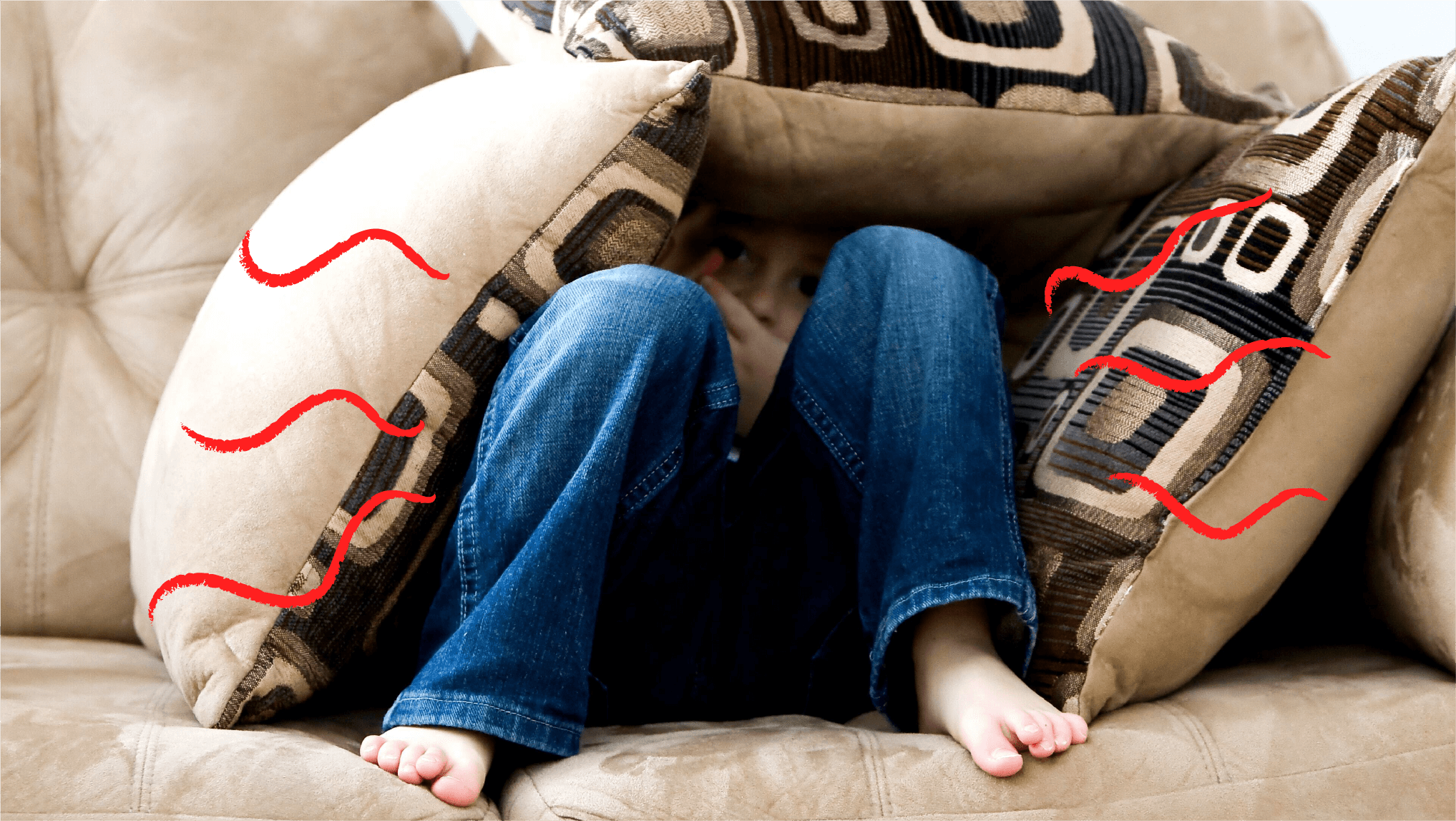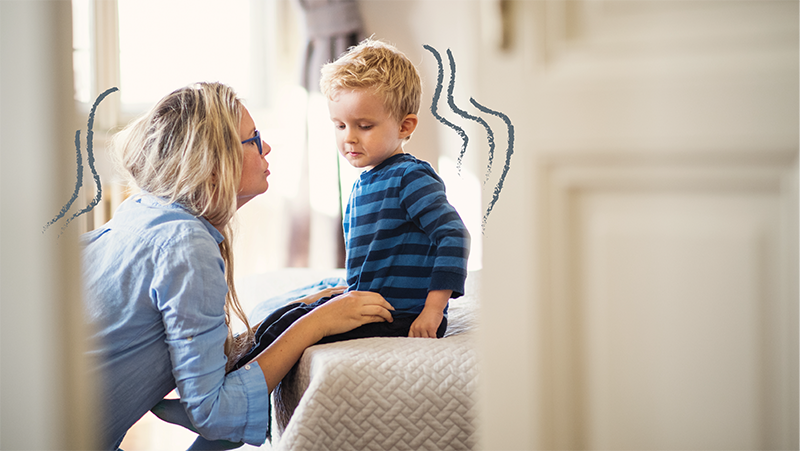
Plugging “signs of autism” into a Google search brings up descriptions like difficulty with communication and social interactions, obsessive interests, repetitive behaviors, sensory issues, and emotional regulation difficulties. Of course that’s not an expansive list of symptoms and traits, but it’s important to consider how these lists were generated in the first place – especially if your daughter is, or might be, autistic.
Most research on Autism Spectrum Disorder is based on boys, which means that the general outline and understanding of autism might not capture girls’ symptoms and experiences. This means that girls are significantly more likely than boys to have undiagnosed autism (Sarris), and far more likely to have misunderstood symptoms.
The “social” element
Many descriptions and understandings of autism are related to social factors, like ability to interpret social cues, and ability to engage naturally and comfortably in social situations. SPARK, an autism research project, notes that girls are often better at masking their autism-related challenges, especially when it comes to social interactions. Autistic girls who are high functioning often demonstrate social communication skills that are on-par with “most neurotypical boys, but at a lower level than most neurotypical girls.” Researchers have also found that autistic girls without intellectual disabilities tend to mimic others more often, which helps them fit in socially. Additionally, they are less likely to socially isolate, suggesting a deep motivation to obtain social interactions and relationships (Bennie, 2016).
Girls’ autism symptoms might also be less observable than symptoms of their male counterparts (Sarris). Autistic girls do not show repetitive and restricted behaviors as frequently as autistic boys. Therefore, tools that are traditionally used to diagnose ASD may be contributing to lower diagnosis rates for girls because they include diagnostic criteria relating to social interaction skills and repetitive behaviors.
Emotion regulation
Externalizing behaviors also present differently in autistic girls than in autistic boys. Autistic girls typically have more melt-downs, irritability, and lethargy than their neurotypical peers (Sarris). However, they tend to do better than boys at holding it together in public, then blowing off steam at home. One study found that autistic girls between 4 and 20 years old experienced emotional reactivity more often than boys. They also scored higher on measures of depressed mood (Hess, 2020).
Looking ahead
It’s important that pediatricians, teachers, and mental health professionals follow the research around the symptom differences for autistic boys and girls. When it comes to social and academic participation, and to mental health, receiving timely, effective, and early intervention during childhood is critical to well-being and healthy development. The earlier the better.
If you have concerns or questions about your child’s development, their mental health, their academic or social functioning, or any other concern, schedule a consultation with your child’s pediatrician.
References:
- Sarris, Marina. “Are Girls With Autism Hiding in Plain Sight?” SPARK. sparkforautism.org/discover_article/are-girls-with-autism-hiding-in-plain-sight/
- Bennie, Maureen. “High Functioning Girls With Autism Often Go Undiagnosed.” Autism Awareness Centre Inc. autismawarenesscentre.com/girls-harder-diagnose-autism-boys/ (April 25, 2016)
- Hess, Peter. “Autistic girls may experience more emotional challenges than autistic boys do.” SPECTRUM. www.spectrumnews.org/news/autistic-girls-may-experience-more-emotional-challenges-than-autistic-boys-do/ (May 8, 2020).
















